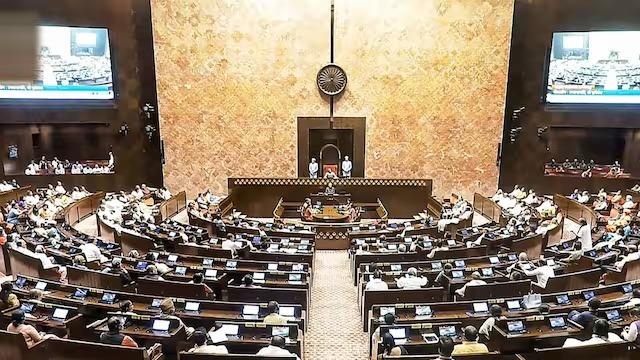
Government Employees Granted Flexibility to Use Leave for Elderly Family Members
The Central Government has issued a clarification stating that its employees may utilize their existing leave entitlements to care for elderly parents, as outlined in the Central Civil Services (Leave) Rules, 1972. This directive comes after a query raised in the Rajya Sabha by MP Sumitra Balmik, who sought details on whether specific leave provisions exist for elderly care, similar to existing childcare leave policies. Minister of State for Personnel, Public Grievances, and Pensions, Dr. Jitendra Singh, addressed the query by emphasizing that while no dedicated elderly care leave is currently available, the existing leave categories can be used for this purpose. The clarification aims to balance work obligations with familial responsibilities, particularly for employees managing caregiving duties for aging parents.
Leave Entitlements and Their Versatility for Personal Needs
Government employees are entitled to a range of leave options under the Central Civil Services (Leave) Rules, 1972, which include 30 days of earned leave, 20 days of half-pay leave, 8 days of casual leave, and 2 restricted holidays annually. These leave types are designed to accommodate personal and family emergencies, and the government has now explicitly stated that they can be availed for caregiving responsibilities. Dr. Singh clarified that the flexibility of these leave categories allows employees to manage their work-life balance effectively, especially in scenarios where they need to provide care for elderly family members. This approach ensures that employees are not penalized for fulfilling their familial duties while maintaining their professional commitments.
Context of the Query and Government’s Response to Elderly Care Leave
The clarification followed a specific inquiry by MP Sumitra Balmik, who questioned whether the government had plans to introduce a dedicated leave for elderly care, akin to the existing childcare leave. Dr. Singh responded by stating that while there is no separate provision for elderly care, the existing leave entitlements can be used for such purposes. This response highlights the government’s focus on leveraging existing frameworks rather than introducing new policies. The minister emphasized that the current leave structure is sufficient to address the needs of employees caring for elderly parents, thereby avoiding the need for additional bureaucratic measures. This approach also aligns with the broader objective of ensuring that employees can manage their personal responsibilities without compromising their professional obligations.
Implications for Employee Work-Life Balance and Policy Evolution
The clarification has significant implications for the work-life balance of Central Government employees, particularly those with caregiving responsibilities. By allowing the use of existing leave for elderly care, the government is effectively recognizing the importance of familial duties in the context of professional life. This policy shift reflects a growing awareness of the need to support employees in managing their personal and professional commitments. However, some experts argue that while the current framework provides flexibility, a dedicated elderly care leave could offer more structured support. The government’s response underscores a pragmatic approach, prioritizing the utilization of existing resources over the creation of new leave categories. This decision may serve as a model for other organizations seeking to balance employee welfare with operational efficiency.
Significance of the Clarification and Future Policy Directions
The clarification by the Central Government marks a significant step toward acknowledging the multifaceted challenges faced by employees in balancing work and family responsibilities. By explicitly permitting the use of existing leave for elderly care, the government is reinforcing its commitment to employee welfare. This policy adjustment not only supports employees in their caregiving roles but also promotes a more compassionate and flexible workplace environment. While the current approach relies on existing frameworks, it sets a precedent for future policy evolution. As societal expectations continue to shift, the government may revisit the possibility of introducing specialized leave provisions for elderly care. For now, the emphasis remains on leveraging existing entitlements to address the needs of employees, ensuring that caregiving responsibilities do not hinder professional growth or stability.




